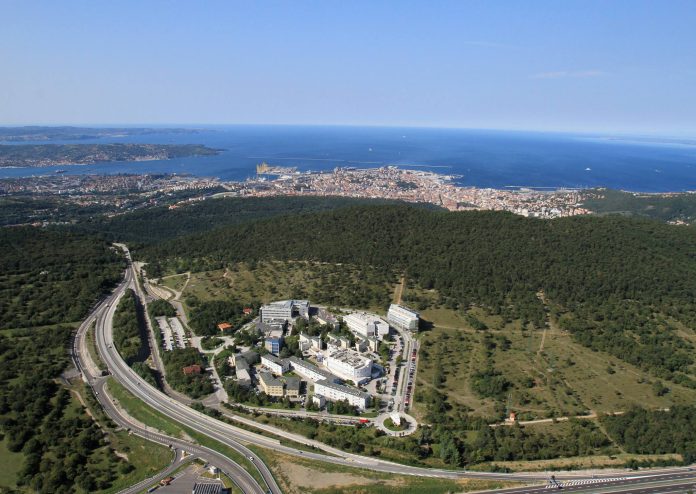by InTrieste
The region of Friuli Venezia Giulia (FVG) is making waves as a post-pandemic hub for global academic and research talent. The latest findings from the “Knowledge Mobility 2024” survey, conducted by Area Science Park, underscore the region’s growing appeal to foreign students, researchers, and lecturers, as well as its commitment to fostering innovation and inclusion.
The survey, which has tracked key data on mobility within FVG’s Science and Innovation System (Sis FVG) since 2005, reveals a marked upward trend in foreign participation across academia and research sectors. Total student enrollment for the 2022/23 academic year reached 36,925, a modest increase from 36,459 in 2021/22. Of these, 7% were international students, up from 6% the previous year. Female students now make up 56% of the total, with many pursuing studies in the Humanities and Social Sciences.
Incoming student mobility also rebounded, with 707 international students arriving in the region, edging closer to pre-pandemic levels. Most hailed from European countries (75%), and nearly half (47%) were enrolled in STEM fields, including Mathematics, Physics, Computer Science, Engineering, and Earth Sciences. Outgoing mobility saw 1,104 students studying abroad, 93% of them within the European Union.
A Region Invested in Talent
“Friuli Venezia Giulia remains a magnet for international students,” said Alessia Rosolen, the region’s Councillor for Labor, Education, Research, and Families. She credited the region’s appeal to its robust university and research systems, alongside a network of incentives for education and innovation.
Rosolen highlighted a landmark 2022 law designed to attract and retain talent, offering benefits, grants, and support for work-life balance. A forthcoming social innovation bill, she added, aims to expand these measures, reinforcing FVG’s reputation as a dynamic destination for study and work. “Attracting talent means attracting investments, driving high-innovation development, and creating quality employment,” she noted.
Researchers on the Rise
The number of researchers and lecturers in Sis FVG institutions grew to 3,641 in 2023, up 280 from the previous year. However, this figure still lags behind pre-pandemic levels of 6,960 in 2019. Gender disparity persists, with women comprising only 35% of this group, and STEM fields remaining predominantly male.
Encouragingly, foreign researchers saw significant growth, with their numbers increasing from 636 to 804—the largest annual rise in four years. Additionally, the incoming mobility of researchers and lecturers surged to 7,854 in 2023, nearly 4,000 more than the previous year. A vast majority (89%) of these were affiliated with STEM disciplines, though only 27% held European citizenship. Outgoing mobility also increased, with 75 researchers and lecturers traveling abroad, primarily to EU and Asian countries.
Nearing Pre-Pandemic Heights
Overall, the presence of foreign individuals across the region’s research institutions climbed from 7,597 to 11,934, approaching pre-pandemic figures of around 14,000. This resurgence signals Friuli Venezia Giulia’s steadfast recovery as a hub for global knowledge exchange.
With its strategic location, vibrant academic ecosystem, and targeted policies, Friuli Venezia Giulia is poised to cement its status as a leader in post-pandemic talent mobility and innovation. As the region looks ahead, it serves as a testament to the enduring value of investing in education, research, and human capital.





























